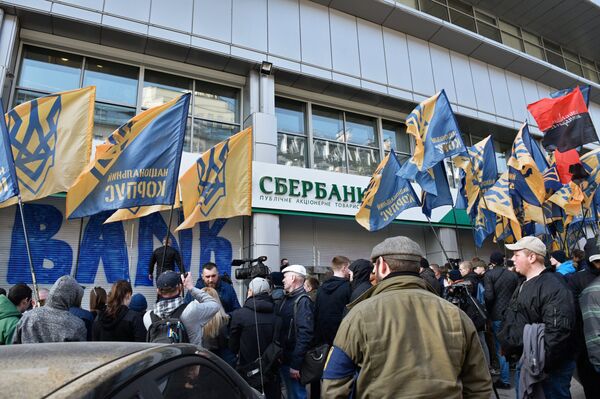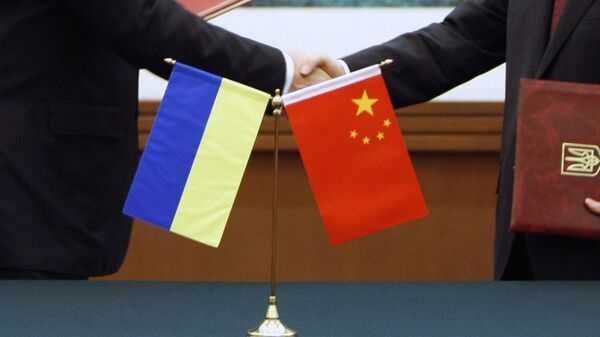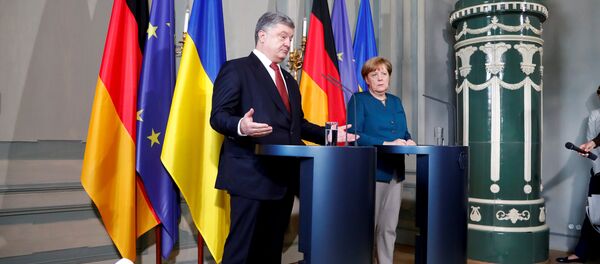The consortium, which includes the China Railway International Group and the China Pacific Construction Group, will oversee the 30 billion hryvnia ($1.1 billion) project. The firms also promised to help the city of Kiev attract invest from Chinese financial institutions in order to implement large infrastructure projects.
Chinese businesses are keen to open factories in Ukraine since the cost of labor there is far less than in China. According to Trading Economics, the average monthly salary in Ukraine over the past 12 months was $213 dollars, compared to over $750 per month in China in 2015.
For its part, Kiev is keen to attract Chinese investors due to the absence of investment from Europe and nationalist protests against Russian investment by banks such as Sberbank, RT Russia reports.
Russia was actually the single largest foreign investor in Ukraine in 2016, according to the State Statistics Service of Ukraine. Year-on-year, Russian investors increased their investment in the country by 250 percent, to $1.667 billion, accounting for 38 percent of all total investment.

EU investors, who remain cautious about investing in Ukraine because of fears of corruption, were responsible for 45 percent of foreign investment in the country in 2016. Formally, Cyprus was the single largest EU investor in the country, having invested $427.7 million, Gordonua reported.
Ukraine topped the latest Global Fraud Survey by UK professional services firm EY [formerly Ernst & Young], with 88 percent of respondents reporting that corrupt practices are widespread in the country.
However, it appears that Chinese businesspeople are willing to overlook the corruption which has deterred European investors.
"Chinese companies are ready to bribe Ukrainian officials and turn a blind eye to the inflated estimates of construction work, "a Ukrainian government source told RT.
Andrei Prikhodko, chief economic analyst for Ukrsotsbank, said that China is keen to get a foothold in Ukraine in order to enter markets in Europe and elsewhere.
"Chinese manufacturers can also gain access to the markets of EU countries, which have signed a free trade zone agreement with Ukraine. Chinese manufacturers currently pay a 5-10 percent import duty on exports to EU countries and another 10-15 of the cost goes on logistics. Theoretically, when delivering products from Ukraine, this could be lowered to 20 percent, which would make goods more competitive," Prikhodko said.
In an interview with Radio Sputnik, Eduard Popov, a senior expert at the Institute of Russia Abroad, said that the new deal will deprive the economically strapped country of "the youngest and most able-bodied workforce."
He added that this new status would benefit President Poroshenko more than it would the Ukrainian people.
"Poroshenko came to power on a promise to bring Ukraine into the European Union and do it fast. The fact is, that Ukraine will hardly be able to join the EU, at least before this century is out, but he needs this visa-free deal to make people believe that Ukraine is now part of the EU. The truth is, however, that it is Ukrainians as servants the EU needs most, not Ukraine as a country," Popov noted.




